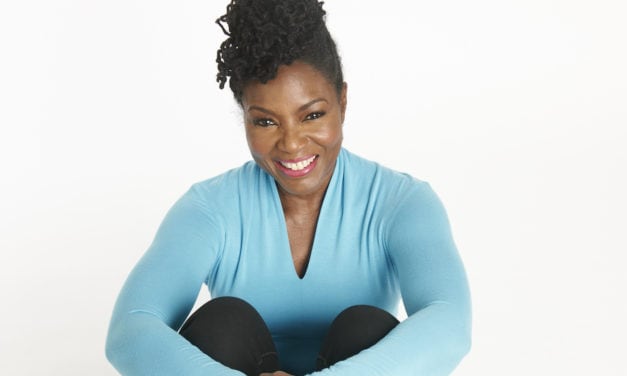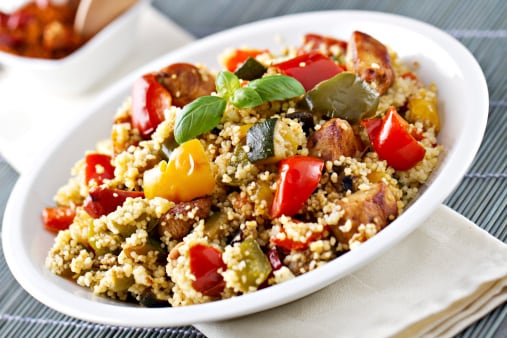
If you conclude that being tired triggered your craving, for example, you may decide to start going to bed a bit earlier or to taking naps. (Photo: PM Images/Getty Images)
Step 5: Deal with the Feelings
Now it’s time to take a look at the feelings that triggered your emotional hunger and to brainstorm a few nonfood responses that you can use the next time you experience those feelings. If you conclude that being tired triggered your craving, for example, you may decide tostart going to bed a bit earlier or to taking naps.
If the emotion behind your craving is more complex, you may need to think about a more long-term solution. For example, if relationship stress is pushing you into the kitchen, you might consider counseling or ending the relationship.
If a horrible boss drives you to the comfort that chocolate provides, it may be time for a meeting with human resources or even a new job. And if depression or anxiety causes cravings, it may make sense for you to see your doctor or a therapist.
Whatever you determine the best solution for you to be, know this: You must deal with the problems that cause you misery. You deserve to live a life unhampered by a dysfunctional relationship with food exacerbated by unhealthy relationships with other people or yourself.
When problems can’t be immediately solved, turn to positive distractions that take your mind away from what irks you. Take that writing or knitting class you’ve been meaning to get around to. Filling your soul with spiritual nourishment may take away some of your cravings for food. When you find greater meaning in your own life, food moves to the back of the room and off center stage. Allowing yourself to be nourished by the love of family and friends, or other soul-satisfying gifts, enables you to make food just a source of nourishment again.
Whatever you do, keep in mind that if you work toward solving the root problems behind your emotional need to eat, the cravings will begin to subside. My clients too often blame themselves for giving in to food cravings, beating themselves up for not having enough willpower to say no. But when it comes to emotional eating, it’s not necessarily about willpower. Its about finding ways to cope with the emotions that lead you to food.








